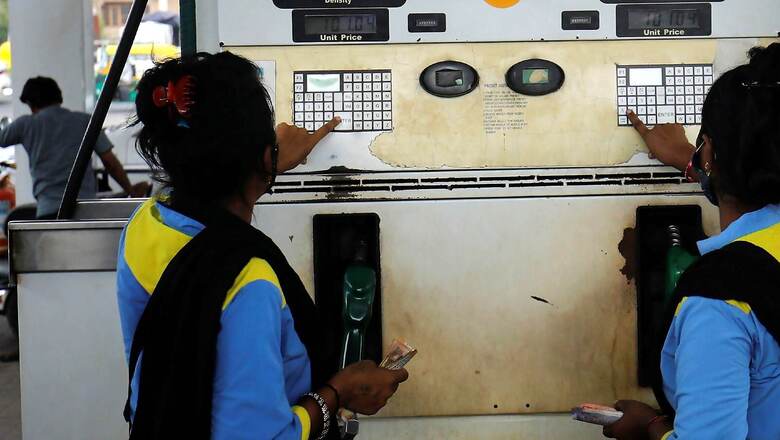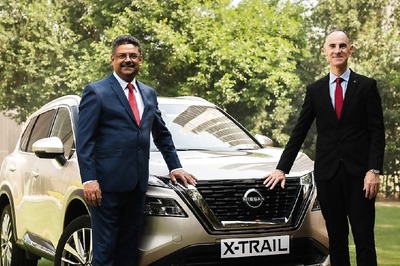
views
The Russian oil price cap will most likely not affect buyers like India and China.
Though India imports from Russia are lesser than what it imports from other oil exporting nations, India on previous occasions have said that they will continue to import Russian oil.
Following the announcement of the G7 and EU price cap on Russian crude oil, Indian officials said it would continue to purchase Russian crude oil, according to a report by OilPrice and Attaqa.
It must also be noted that private sector companies are mostly involved in energy purchase and not Oil Marketing Companies (OMCs).
Union minister Hardeep Singh Puri while speaking to CNN’s Becky Anderson last month said: “Who buys Russian oil, and where it is refined, we have nothing to do with that. The government doesn’t do the buying. The oil trade is conducted by economic entities.”
The price cap imposed by the G7, EU and which also includes Australia is aimed to force Russia to sell its crude not above $60.
Also Read | Price Cap on Russian Oil: G7’s European Members Question Effectiveness of Scheme
If the price of Russian crude falls below $60, then the cap will be cut until it is five percent lower than the market, news agency AFP reported.
The officials told Attaqa and OilPrice that it will not be affected because India intends to use non-Western services to transport seaborne Russian crude oil into India.
China and India purchased crude at a massive $33.28 discount to Brent, OilPrice said, indicating that the prices were well below the price cap imposed this week.
Though there are a limited number of non-Western ships and insurers who can bring Russian oil to markets, the insistence on using them by China and India means that the sanctions could prove less effective.
The price cap applies to nations intending to use Western ships and Western insurers—which means it won’t apply to India.
The EU and G7 are confident that the plan would work because it is estimated that 95% of the global oil tanker fleet is covered by shipping insurers who come from G7 nations, namely Canada, France, Germany, Italy, Japan, the UK and the US.
US Treasury Secretary Janet Yellen during her India visit said: “Russian oil is going to be sold at bargain prices and we’re happy to have India get that bargain or Africa or China. It’s fine.”
She also said: Russia is going to find it very difficult to continue shipping as much oil as they have done when the EU stops buying Russian oil. They’re going to be heavily in search of buyers. And many buyers are reliant on Western services.”
India has made it clear, even through its cabinet ministers, that it will work to ensure energy security of its citizens and will prioritise that over anything else.
“India will buy oil from wherever it has to for the simple reason that this kind of a discussion cannot be taken to the consuming population of India,” Hardeep Singh Puri said last month pointing out that the government is accountable to the people when it comes to energy imports.
Experts speaking to news agency Bloomberg said that the price cap is intended to keep Russian crude flowing into global energy markets in order to ensure that prices do not skyrocket.
The price cap aims to make it tougher to bypass sanctions by selling to buyers beyond the EU.
It does not stop buyers like China and India from importing Russian oil but European shipping insurance companies will be banned from covering tankers which plan to carry oil trading above the $60 ceiling.
On a few occasions, India also told critics of its energy security choices that they should focus on the EU which imports more energy from Russia in one afternoon than what India imports over the span of a month.
“If you’re looking at energy purchases from Russia, I’d suggest your attention should be on Europe. We buy some energy necessary for our energy security. But I suspect, looking at figures, our purchases for the month would be less than what Europe does in an afternoon,” Union minister for external affairs S Jaishankar said during his visit to Washington earlier this year.
The price cap will go into effect starting December 5 and the EU will ban Russian crude imports from December 5 and Russian oil products from February 5.
(with inputs from AFP, OilPrice and Bloomberg)
Read all the Latest News here




















Comments
0 comment